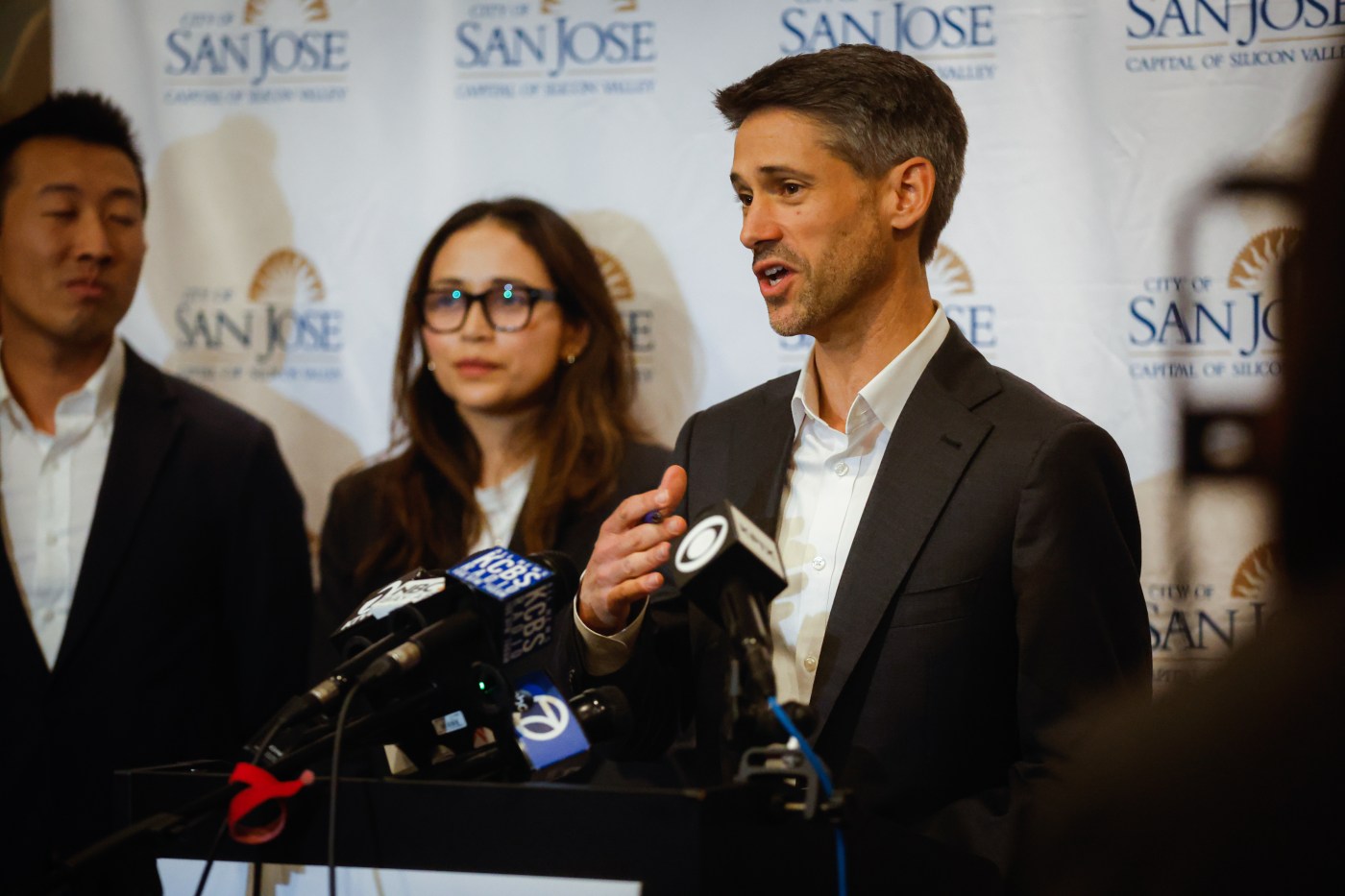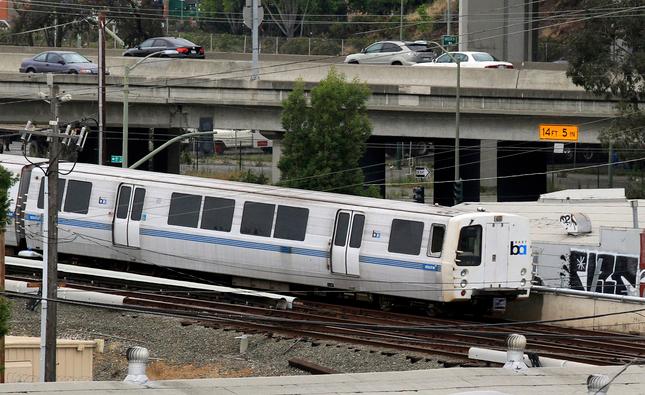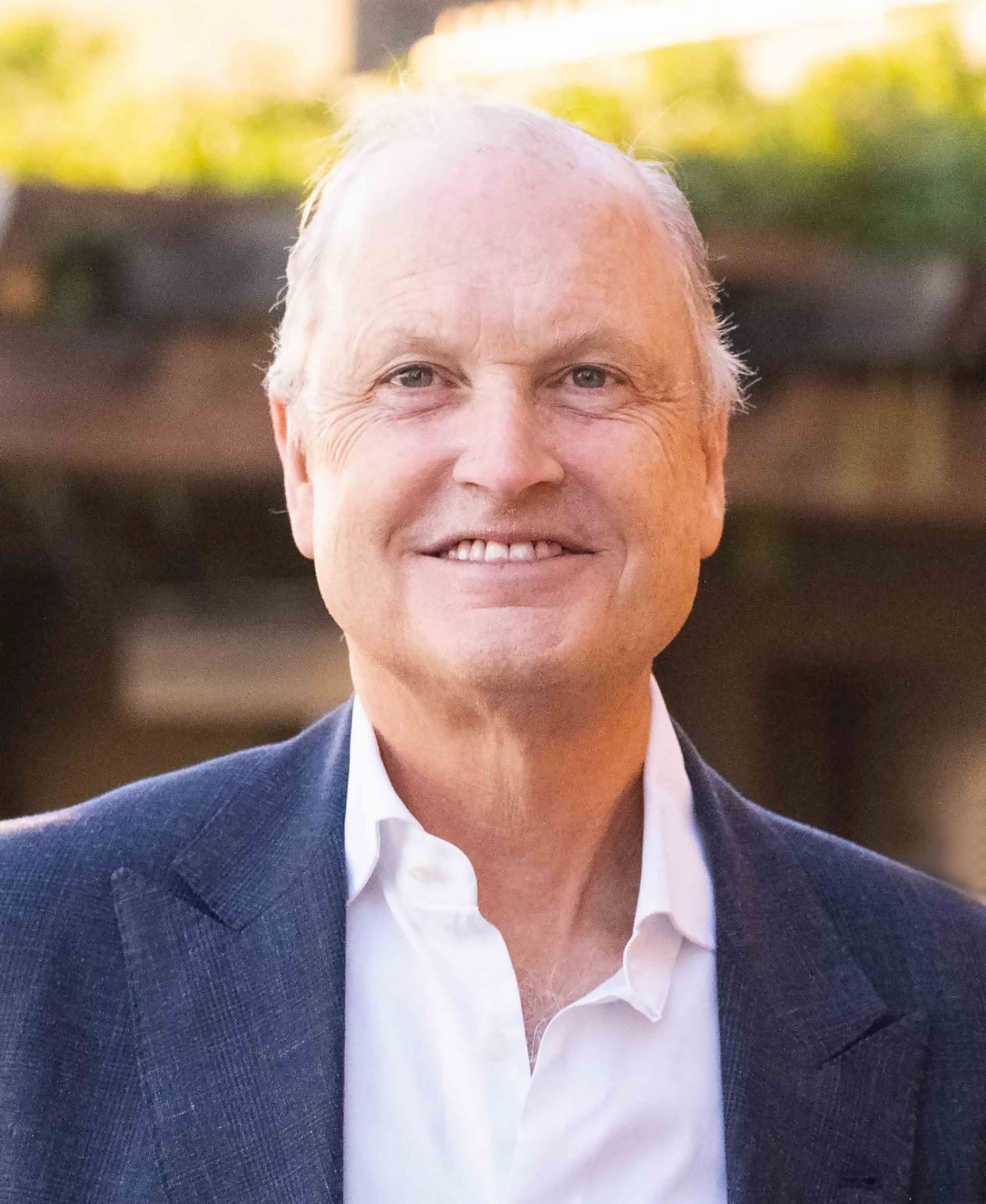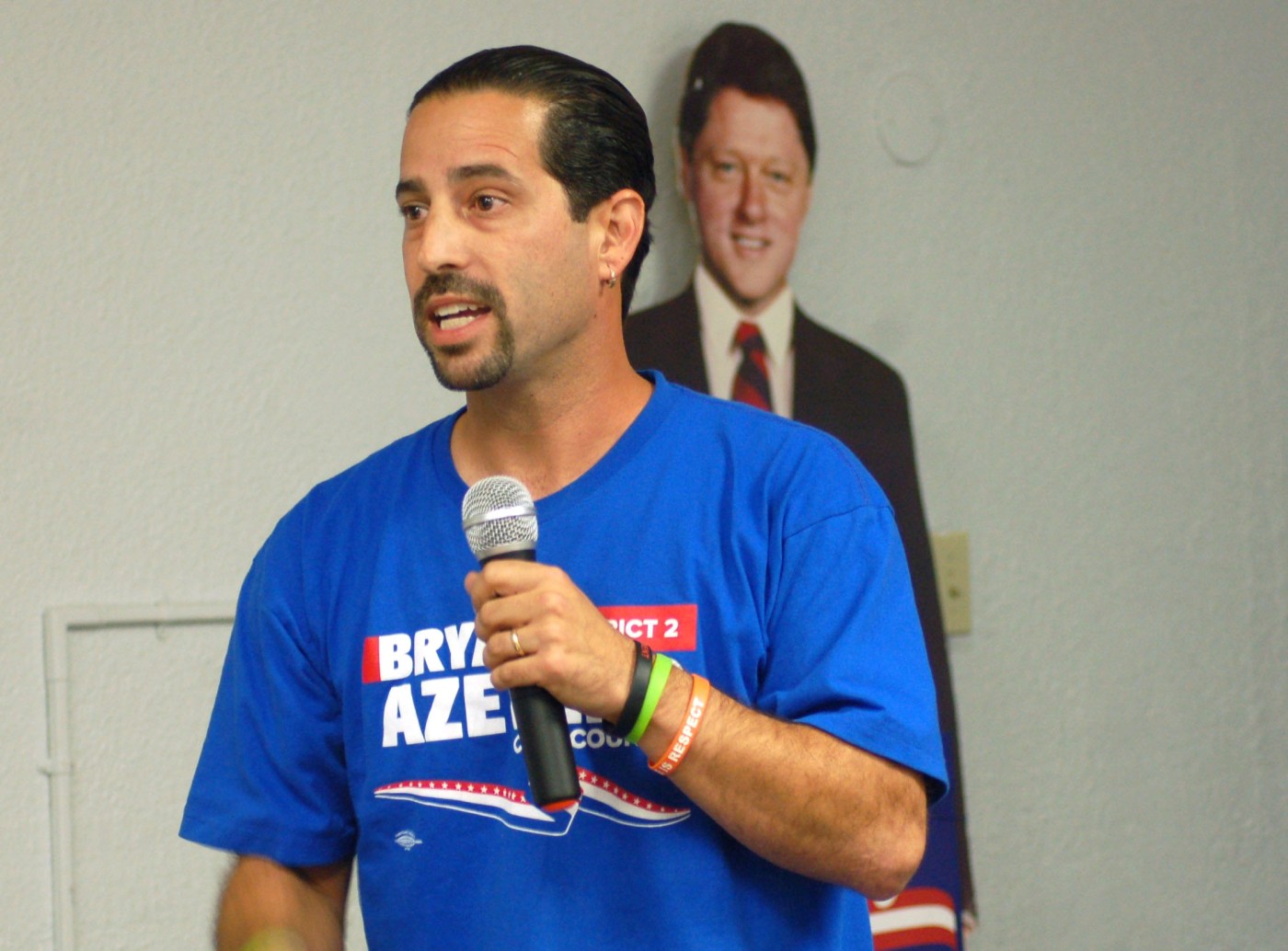At times, when exhausted from a long day and running late, San Jose Mayor Matt Mahan asks artificial intelligence platforms to come up with quick dinner ideas for his children by typing in an ingredient list from his fridge.
Related Articles
Kim Kardashian says ChatGPT made her fail California legal exams ‘all the time’
Gemini AI to transform Google Maps into a more conversational experience
Michael Burry of ‘The Big Short’ is back with two massive bets
OpenAI and Amazon sign $38 billion deal for AI computing power
Bay Area tech layoffs top 1,400 in one week with new Amazon cuts in S.F.
While it may seem like a random use of the applications, he says they always deliver, and that it is just one of countless examples of how AI can make residents’ lives more efficient.
And, soon, anyone in San Jose may have AI at its fingertips, too.
As local governments expand the use of artificial intelligence, San Jose has forged a new partnership with some of the largest tech companies to make free AI courses and tools available to its residents, not only to make their lives easier but to build a more skilled workforce as AI becomes an integral part of society.
Dubbed the “AI for All” initiative, Mahan announced a collaboration Wednesday with Google, OpenAI, Anthropic and the Bay Area Council to create a portal filled with learning modules, training paths and certifications.
“I think it’s our responsibility to come together with our private sector leaders to ensure that the future is economically inclusive and creates upward mobility and opportunity for all,” Mahan said. “We’re saying AI is for everyone. The most innovative companies in the world and the most innovative city in the world are teaming up to give every San Jose the training they need to thrive in our increasingly AI-powered economy.”
The latest announcement by the city piggybacks on its push to become a leader in AI use, including ways it can make government services more efficient and effective.
San Jose helped create the GovAI Coalition, which has now swelled to more than 900 local, state and federal agencies helping one another understand how they have applied the technology and create uniform best practices, policies and manuals.
Over the past few years, the city has launched several pilot programs of its own, including a bus route optimization tool that kept public transit on schedule, a road safety tool to detect potholes and other traffic hazards, and, recently, announced it would test new software to speed up permitting.
After noticing productivity gains from programs aimed at enhancing employees’ skills, the city is now looking for a generative AI platform that would reduce some repetitive and administrative aspects of jobs — such as writing reports, analyzing data, summarizing documents and supporting software development — freeing them up to work on more meaningful tasks.
Khaled Tawfik, the city’s chief information officer, likened the adoption of AI to the way computing has now become an essential function in schools and workplaces.
“We’ve already seen thousands of hours being saved through the training,” Tawfik said. “Staff is reporting back on how they’re more efficient and saving time, so I’m really happy to see this being offered to every resident in San Jose, and I think it’s going to be expected, if not mandatory, for everyone to gain this experience and knowledge of AI.”
While several free AI courses are readily available, Mahan said the city wanted the leading companies to compile their best training experiences and make them accessible to everyone.
For example, Anthropic is providing access to its AI fluency course while OpenAI is opening up its literacy courses from its academy.
Javier Gonzalez, Google’s California government affairs and public policy manager, noted that the World Economic Forum reported that only 50% workers have access to adequate training opportunities, which is why Google has offered thousands of residents scholarships to its AI course offerings.
“There is much more to be done, but this collaboration is a major step forward for the Bay Area’s effort to build a skilled workforce for the AI economy,” Gonzalez said. “This is truly a blueprint for other parts of California and even the country to follow.”
With 50% of residents speaking a language other than English, the courses will be available in a variety of languages. Bay Area Council COO John Grubb championed the agreement, saying it would help San Jose become the most AI-literate city.
“Right now, of the people using AI, most tend to be younger, high-income and highly educated,” Grubb said. “That’s exciting progress, but it also shows who’s being left behind: lower-income residents, older adults and non-English speakers in particular. If we don’t act, that gap will define the next decade of opportunity.”
Mahan compared the partnership to a startup, where the next iteration would add more robust offerings or areas of interest, whether in personal finance or in different pathways in education, academia, or public-sector careers.
Although Mahan said it was important to have a centralized hub to locate all resources, he believed the most critical component of the new collaboration was its integration into the city’s library system and community centers. Ultimately, the city aims to offer in-person training to guide residents through the curriculum.
“It’s kind of like they say: ideas are cheap, execution is everything,” Mahan said. “The question is: are we actually getting out to people in different languages, meeting them where they are and providing sufficient hand-holding to actually help them take advantage of it?”





